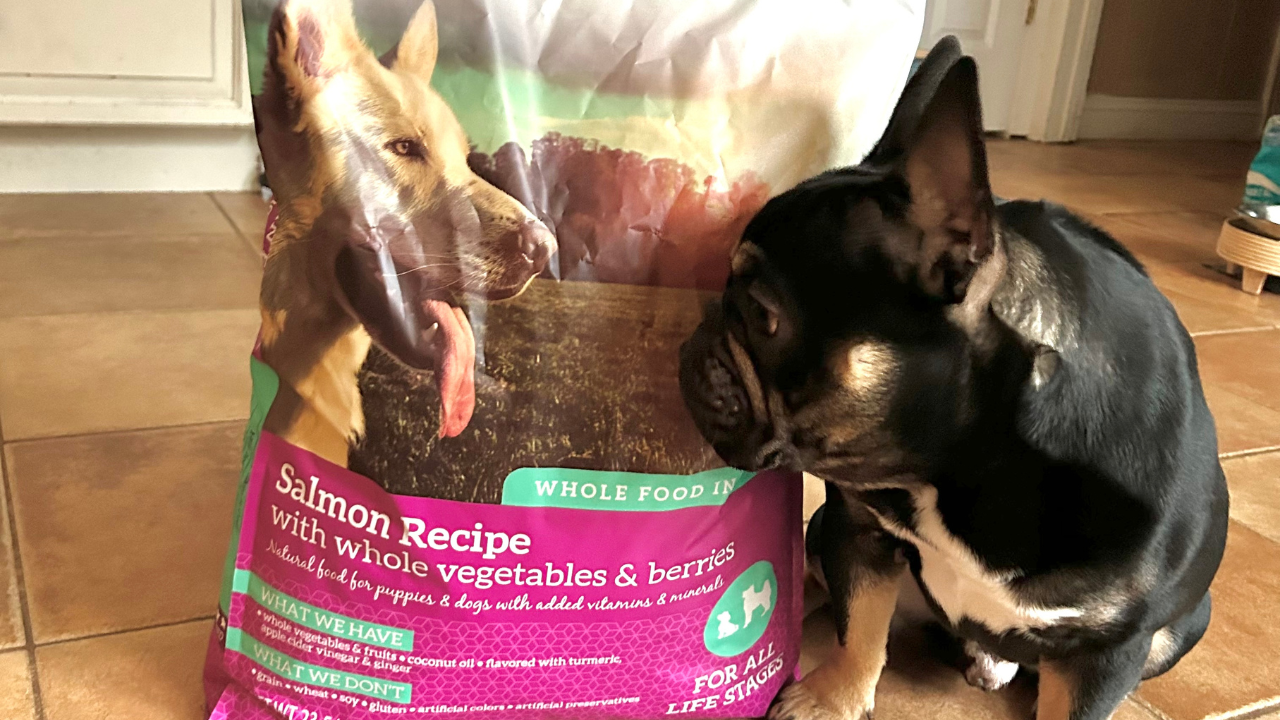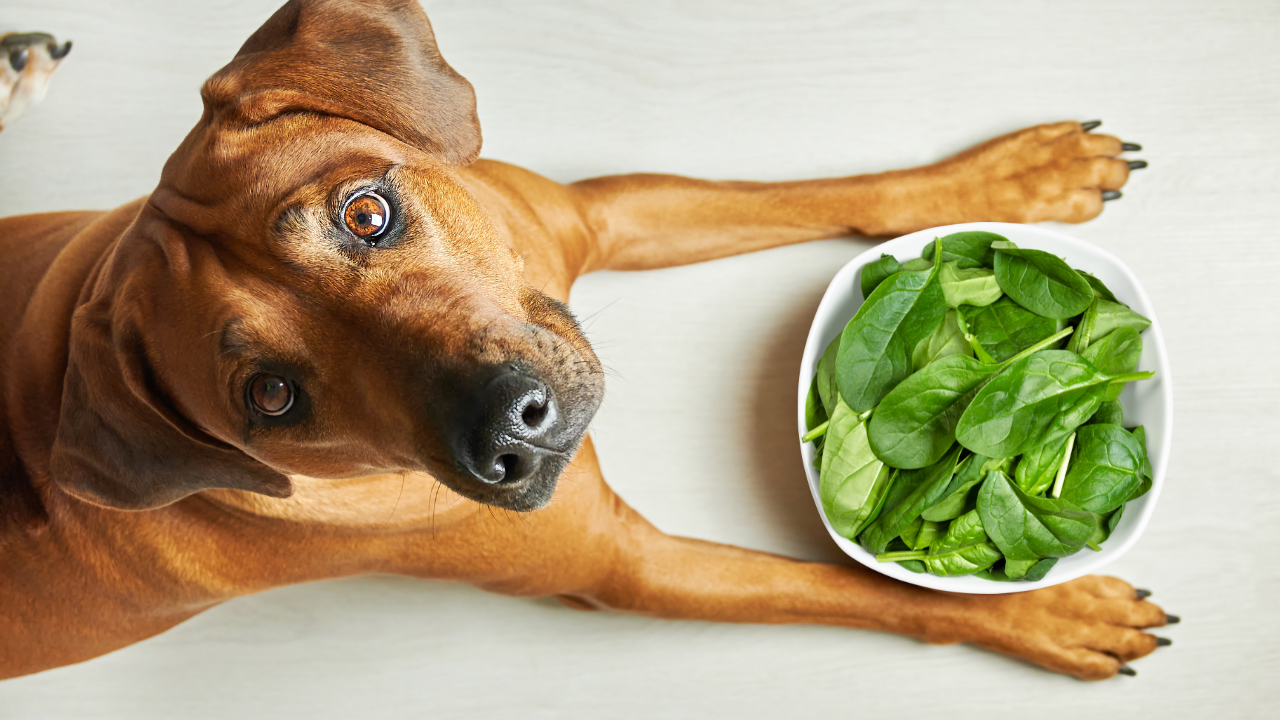Each pet is unique, and their nutritional needs vary based on factors like age, breed, activity level, and health conditions. Dogs, for instance, are generally omnivores, while cats are obligate carnivores, requiring different nutrient profiles for optimal health.
Age-Appropriate Diet
Puppies and kittens have different nutritional needs compared to adult and senior pets. Younger pets require more protein and calories for growth, while older pets may need diets lower in calories but rich in fiber and certain nutrients.
Quality of Ingredients
Look for high-quality, whole-food ingredients. The source of protein (chicken, lamb, fish, etc.) should be the first listed ingredient. Avoid foods with excessive fillers, artificial colors, and preservatives.
Balancing the Diet
A balanced diet is crucial for your pet's overall health.
Protein
The cornerstone of a pet’s diet, protein supports muscle development and energy levels. Ensure that your pet's food contains a high percentage of real, quality protein.
Fats
Essential for energy, healthy skin, and coat, fats should be sourced from quality ingredients like fish oil, which provides omega-3 fatty acids.
Carbohydrates
While less critical for cats, dogs can benefit from carbohydrates for energy. Opt for whole grains or legumes, if tolerated, rather than refined carbs.
Vitamins and Minerals
These are vital for various bodily functions. Commercial pet foods usually are formulated to include necessary vitamins and minerals, but consult with your vet, nutritionist or trusted local retailer for any additional supplement needs.
Special Diets and Considerations
Some pets may have special dietary requirements due to health issues like allergies, obesity, or chronic illnesses.
Allergy Management
If your pet has allergies, you may need to feed them a limited ingredient diet or you can try introducing a new novel protein.
Weight Management
Overweight pets require a carefully controlled diet. Look for low-calorie, high-fiber foods that are satisfying yet lower in fat.
Hydration
Don’t overlook the importance of fresh, clean water. It's crucial for kidney and digestive health as well as overall well-being
Treats and Extras
While treats are a great way to bond and train, they should not make up more than 10% of your pet’s daily caloric intake. Choose healthy options like lean meats or vegetables.
Consult a Veterinarian
Always consult with a veterinarian to determine the most appropriate diet for your pet’s specific needs, especially if you're considering a major diet change or your pet has health concerns.
In summary, balanced nutrition is key to maintaining your pet’s health and happiness. By understanding their unique needs, choosing quality foods, and monitoring their overall diet, you can ensure your furry friend stays healthy and vibrant. For personalized advice, always reach out to your veterinarian.



